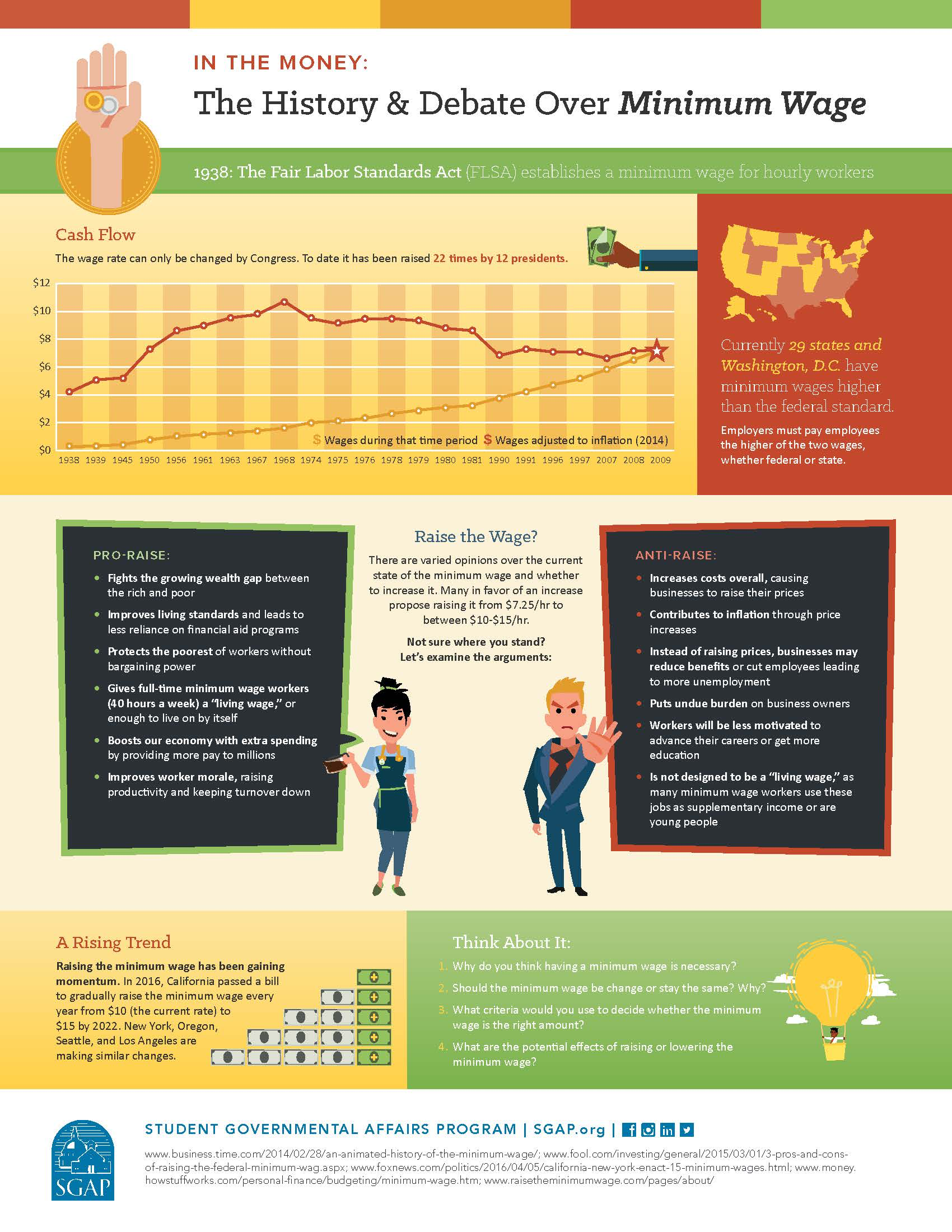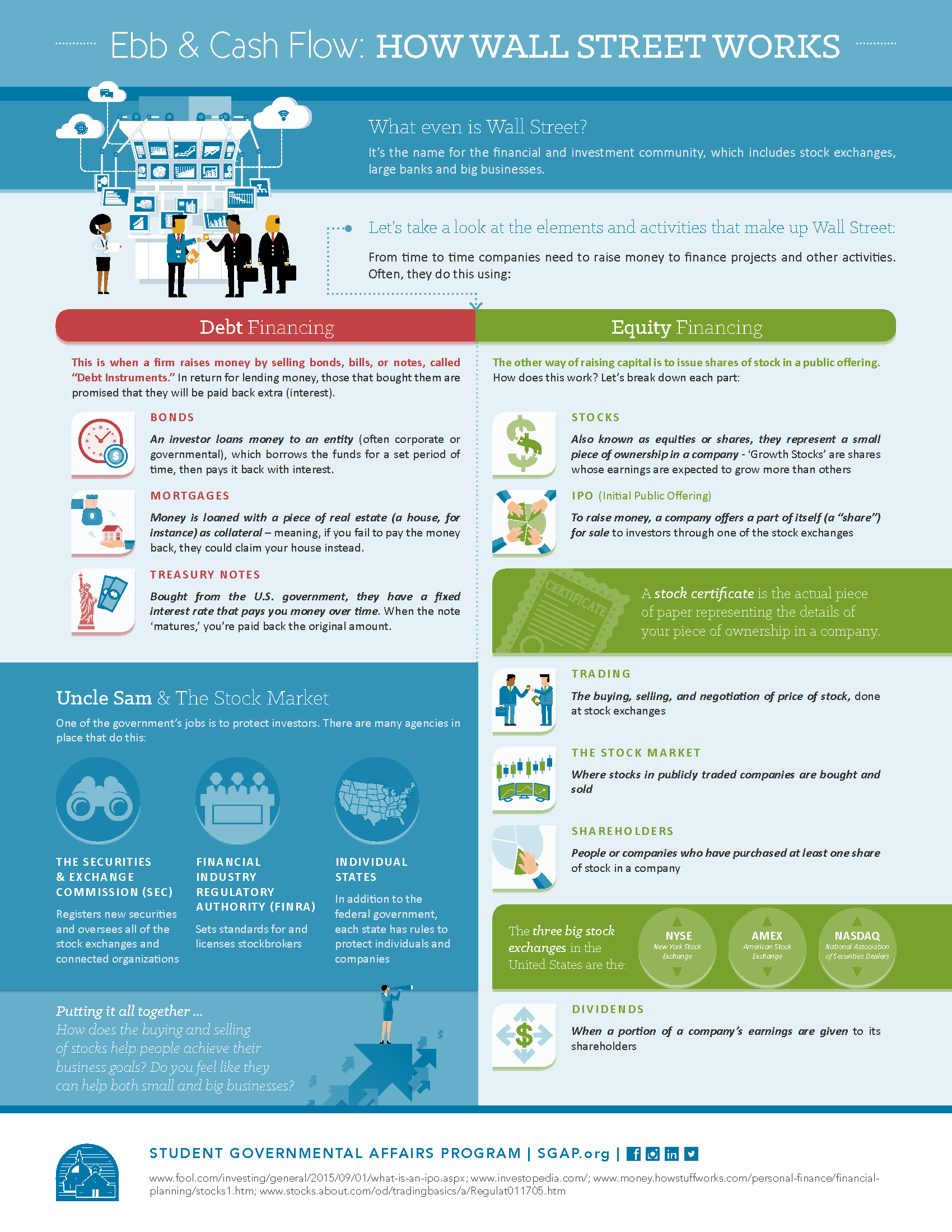Trivia Answers – October 2016 Election Issue
Electoral College
1. Four U.S. presidents lost the popular vote but won the presidency through the Electoral College voting results. Match each president with the opposing candidate and year. ___D___ 1. John Quincy Adams won over Andrew Jackson in 1824 ___B___ 2. Rutherford B Hayes won over Samuel J Tilden in 1876 ___C___ 3. Benjamin Harrison won over Grover Cleveland in 1888 ___A___ 4. George W. Bush won over Al Gore in 2000 a. Al Gore in 2000 b. Samuel J Tilden in 1876 c. Grover Cleveland in 1888 d. Andrew Jackson in 1824 2. How many electoral votes are necessary to elect the U.S. president? a. 140 b. 210 c. 270
Presidential Elections
1. Who was the only U.S. president to serve two non-consecutive terms? a. Grover Cleveland b. Franklin D. Roosevelt c. Woodrow Wilson d. John Adams 2. The first presidential election took place in _____. a. 1777 b. 1789 c. 1791 3. Every U.S. president since 1852 has been either a Republican or a Democrat. a. True b. False 4. There have been ___ presidential elections and ____ presidents in U.S. history. a. 57 presidential elections, 44 presidents b.52 presidential elections, 42 presidents c. 49 presidential elections, 53 presidents
Trivia Answers – September 2016
Net Neutrality
1. Which U.S. Senator called net neutrality “the First Amendment issue of our time,” referring to the right to free speech guaranteed in the U.S. Constitution? a. Sen. Al Franken (D-MN) b. Sen. John McCain (R-AZ) c. Sen. Dick Durbin (D-IL) d. Sen. John Cornyn (R-TX) 2. In 2005, the FCC issued a statement that American internet customers have rights. Which of the following was not on this list? a. Access lawful content of their choice. b. Run the lawful applications of their choice. c. Use the e-commerce retailer of their choice. d. Connect lawful devices of their choice. 3. Which companies are strong advocates of net neutrality? a. Amazon b. Google c. Microsoft d. Yahoo e. A, C and D 4. True or false? In early 2016, India banned Facebook’s Free Basics application to “support net neutrality.” a. True b. False
Welfare Reform
1. In 2014, there were 7 million U.S. families with children living below the federal poverty line of $23,850 per year. What percentage of those families received cash welfare benefits in 2014? a. 23 families in 100 b. 39 families in 100 c. 46 families in 100 2. As of 2015, the average monthly welfare check for a family of three in the U.S. ranged from ___ per month in Mississippi to ___ per month in New York. a. $98/$360 b. $112/$436 c. $170/$789 3. Under the Welfare Reform Act of 1996, which of the following rules were established? a. Welfare recipients must find jobs within two years of their first payment. b. Welfare recipients may receive payments for a maximum of five years. c. States were given primary responsibility for administering welfare checks. d. All of the above.
History & Debate Over Minimum Wage Infographic
Ebb & Cash Flow: How Wall Street Works – Infographic
Trivia Answers – May/June 2016
Cuba Embargo
1. President ______ sent his press secretary to buy 1,200 Cuban cigars the night before he signed the embargo in Feb. _____. a) Dwight D. Eisenhower, 1961 b) John F. Kennedy, 1962 c) Ronald Reagan, 1988 2. Which of the following countries in the United Nations has not denounced the Cuban embargo? a) France b) Brazil c) Israel 3. Cuba is the most populated country in the Caribbean, with more than ____ residents. a) 11 million b) 20 million c) 40 million 4. Referred to as “the island nation,” Cuba is about the size of which state in the U.S.? a) California b) Rhode Island c) Pennsylvania
Fracking Regulations
1.The main ingredient in natural gas, ________is also a greenhouse gas that is harmful to the ozone. a) Carbon dioxide b) Methane c) Chlorofluorocarbon 2. Typically, _____ gallons of water are used to frack a well although some wells consume much more. a) 500,000 to 1 million b) 1 to 2 million c) 2 to 8 million 3. Over the last decade, Texas oilman T. Boone Pickens, the Bush family and hedge fund manager Michael Burry (portrayed by Christian Bale in The Big Short) have all invested in what commodity, anticipating a future shortage? a) Water b) Oil c) Gas d) Coal
Ideas for Teachers/Critical-Thinking Questions – May/June 2016
LINKS
Cuba Embargo Amnesty International Statement on Cuba 2015/2016 Freedom to Travel to Cuba Act of 2015 Bill Human Rights Watch – Articles on Cuba USA Today Article White House – Remarks by President Obama and President Raul Castro in a Joint Press Conference Washington Post Article Press Release – Sen. Patrick Leahy – Announcement That President Obama Will Travel To Cuba Fracking Regulations Washington Post – How States Are Fracking in Maps S.785 – FRAC Act Bill S.828 – Fracturing Regulations Are Effective in State Hands Act Bill EPA – Hydraulic Fracturing Video – “Communities Divided Over Natural Gas Drilling” by Associated Press Pros and Cons List 1 (Green Garage Blog) Pros and Cons List 2 (Scientific Alliance) Pros and Cons List 3 (Yale Climate Connections)
CRITICAL THINKING QUESTIONS
Cuba Embargo 1. How did the Cold War affect the United States’ relationship with Cuba in the past? 2. How does that legacy continue to affect relations today, even as they change? 3. What are some pros and cons of the U.S. “normalizing” its relationship with Cuba? 4. Why do you think the Cuban embargo is referred to as a “failed policy?” 5. Do you think “diplomatic engagement” strategy will be a better way to influence Cuba’s human rights practices than the embargo imposed on Cuba? Why or why not? Fracking Regulations 1. Do you think fracking should be regulated at the federal or state level? Why? 2. Would you be okay with fracking taking place in your community? Why or why not? 3. Is reducing our dependence on foreign oil more important than preventing a water shortage? 4. Is fracking safe? Why or why not? 5. Do you think fracking will ultimately hurt or help the environment?
Trivia Answers – April 2016
Apple v. FBI 1. Which of the following technology leaders have publicly supported Apple’s position? a. Sundar Pichai – Google CEO b. Bill Gates – Microsoft Co-Founder c. Mark Zuckerberg – Facebook CEO d. A and C e. All of the Above 2. Which founding document did the federal judge in California cite to justify ordering Apple to help the FBI unlock the iPhone of the San Bernardino terrorist? a. Bill of Rights b. Declaration of Independence c. Fourth Amendment, U.S. Constitution d. All Writs Act of 1789 3. Which amendment of the U.S. Constitution do privacy advocates point to? a. First Amendment b. Second Amendment c. Eighth Amendment d. Ninth Amendment Guantanamo Bay 1. In what year did President Obama signed into law legislation that barred any spending on transferring detainees to the U.S.? a. 2009 b. 2010 c. 2011 d. 2013 2. Closure of the facility will save taxpayers $1.7 billion over ___ years. a. 8 years b. 10 years c. 20 years 3. In what year did the United States originally lease from Cuba the 45 square miles of land and water at Guantanamo Bay? a. 1903 b. 1952 c. 1988 d. 2002
Ideas for Teachers/Critical-Thinking Questions – April 2016
LINKS Apple vs. FBI Los Angeles Times Washington Post USA Today Washington Post (hearing recap) CNN NPR Guantanamo Bay White House Remarks Politico CNN The Hill Wikipedia The Atlantic CRITICAL THINKING QUESTIONS Apple vs. FBI 1. Though the Fourth Amendment was penned in the eighteenth century, should we interpret it to also safeguard citizens’ digital privacy? 2. Do you believe that the FBI has met the conditions set forth in the Fourth Amendment? Why or why not? 3. Should there be a balance between liberty and security? 4. Are there times in which the Constitution and individual rights should be overlooked in order to maintain safety? 5. Should Apple comply with the order and create a new operating system and hand over their master key (private electronic signature)? What are the consequences if they do so? Guantanamo Bay 1. Do you believe detaining prisoners at Guantanamo Bay endangers their civil liberties? 2. What rights of the prisoners (they are neither POWs nor convicted criminals) were violated, if any? 3. Would bringing the prisoners to the U.S. be a bad idea? Why or why not? 4. Should everybody be considered innocent until proven guilty? 5. Why is Guantanamo Bay considered the “legal equivalent of outer space?”
Trivia Answers – March 2016
Presidential Authority 1. Which president has issued the most executive orders during his time in office? a) Franklin D. Roosevelt b) Ronald Reagan c) Barack Obama 2. Which of the following large policy changes have been the result of presidential executive orders? a) Louisiana Purchase b) Desegregation of public schools c) Freeing of slaves during Civil War d) Internment of Japanese-Americans after the attack on Pearl Harbor e) All of the above 3. The grant of “executive power” is found in _____of the U.S. Constitution a) Article I, Section 8 b) Article II, Section 1 c) Article II, Section 4 Campaign Finance 1. In 2010, The Supreme Court decided that limiting corporate spending on political campaigns is a violation of free speech rights in which court case? a. Buckley v. Valeo b. Citizens United v. FEC c. Brown v. Board of Education 2. In what year was the Federal Election Commission (FEC) launched? a) 1975 b) 1983 c) 1990 3. Which legislation required full reporting of campaign contributions and expenditures, limited spending on ads and began federal public financing of presidential elections? a) The Publicity Act b) The Tillman Act c) Federal Election Campaign Act (FECA)
Ideas for Teachers/Critical-Thinking Questions – March 2016
LINKS Presidential Authority Brookings Institution Constitution Daily Cornell University Law School Smithsonian Magazine New York Times HowStuffWorks Washington Examiner Campaign Finance New York Times Federal Election Commission Federal Election Commission (Links) S.1480 Open Secrets (2008 Election) Open Secrets 2 (Links) WNYC Radio CRITICAL THINKING QUESTIONS Presidential Authority 1. Was President Obama’s executive order on immigration similar to those of other presidents? 2. Should the Constitution have different or clearer guidelines for what a president can and cannot do? 3. Did President Obama act illegally by unilaterally making broad changes to the immigration system without the consent of Congress? 4. How do you think the Supreme Court will rule as far as whether Obama’s executive orders on immigration were unconstitutional? 5. Where in the Constitution do presidents draw their authority? Campaign Finance 1. Is our current system of campaign finance in need of reform? Why or why not? 2. Should our campaign finance system be public rather than private? 3. How would you change campaign contribution laws? 4. Do the wealthy have too much control over election outcomes? 5. Is your right to spend your money how you choose part of your right to free speech, or not?




